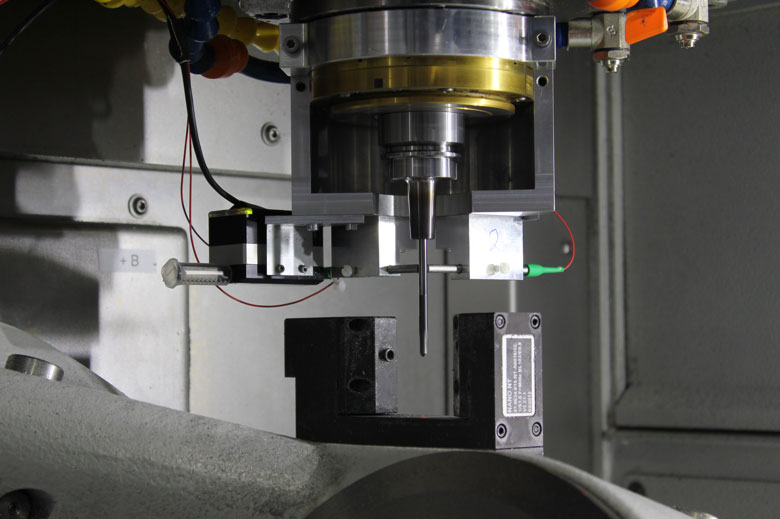Since several years, milling is the manufacturing technology with one of the most research focus regarding data-mining. By choosing the right process settings, with milling operations a high surface quality can be achieved, which can in other ways, just be reached by extra honing or polishing process steps. Surface quality is in most cases an important quality characteristic of functional parts. How well the resulting surface meets the defined quality parameters is in every process technology dependent on the belonging influence factors. In addition to that, manufacturing processes are knowledge and machine operator dependent, which means that a lot of knowledge is not accessible to everyone and that equally defined products may vary in their product quality. Despite many advantages and research activities in the field of data mining and although it mainly aims for extracting meaningful information, its application has still not become state of the art in manufacturing.
The Kobold approach is following the process of knowledge discovery in databases (KDD). To derive as much high-resolution data as possible, three metrology systems have been developed and implemented into a KERN Micro milling machine. These make it possible to measure the tool deflection and tool wear as well as the surface roughness which can be measured directly after the milling process is completed or at any specific points in time. The deflection of the milling tool is measured during the milling process by an optical measurement system consisting of two fibre optical sensors (x- and y-direction). The tool wear has been measured before and after the milling operation by an optical measurement device. To measure the form compliance of the part the full 3D measurement is done offline by a coordinate measuring machine (CMM). Linking the necessary information of all data a relational data structure was created. This structure ensures that all special characteristics of the workpiece is related to the full information about the process like process strategy, process parameters, tool wear, used tool, machine, machine operator and tool wear. Using a frontend, the data of all measurements is imported into a relational MySQL database via a standardized XML format, based on the QIF standard. The data is prepared, processed, deployed and visualized using the open source data mining tool RapidMiner (open source before V6).
Kobold provides a contemporary fully Industry 4.0 compliant approach for the systematic and consistent acquisition, storage, interconnection, provision, evaluation and use of product-relevant production process data. The data encloses the information of the product, the process settings, the machine and the used milling tool as well as online and offline acquired measurement quality data. Existing implicit knowledge about the process is brought to light during the production process which leads to an accelerated process development as well as shortened ramp-up and lead times. Beside reduced production times, the process can be run more resource efficiently and at lower manufacturing risks. Furthermore, gathering data using machine-implemented measurement devices provides a possibility for fast and efficient root-cause analysis.
The German partners in this research and development project were funded by the German Federal Ministry of Education and Research (BMBF) within the Framework Concept ”Research for Tomorrow’s Production“ and managed by the Project Management Agency Karlsruhe (PTKA). The author is responsible for the contents of this publication.


